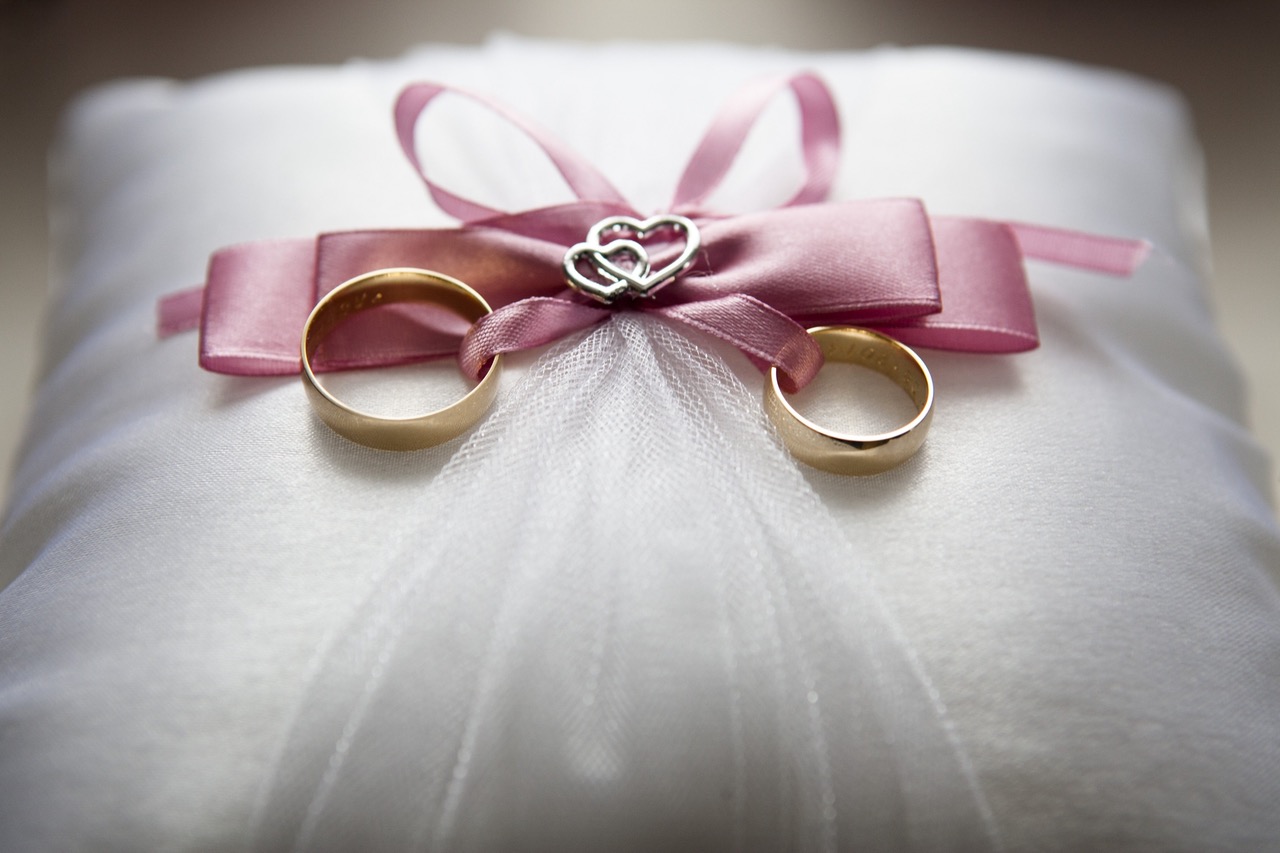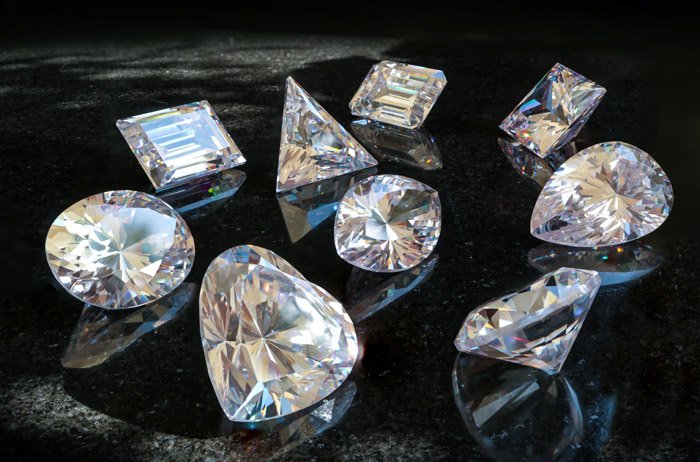
The Differences Between 10k, 14k, and 1k Yellow Gold
April 16, 2017
Top 5 Most Popular Diamond Shapes
May 11, 2017Choosing a Verified Diamond Dealer

This page contains references to diamonds or engagement rings from different companies. Sometimes I do receive a commission when you click on links and buy the products.
Choosing a diamond or a diamond ring can be a daunting task and, with so many different options and sellers to choose from, it can be difficult to know where to begin, particularly if you’re new to the game.
The key to finding the best diamond for you, at a fair price, is to work with a trusted and reliable diamond dealer who will offer honest, impartial advice. But, with so many diamond dealers out there, all of them accessible online with nothing more than the click of a mouse, how do you know who to trust?
I’ve put together a list of key points that you should consider when looking for a verified diamond dealer…
Their Reputation
First things first, check out the dealer’s reputation. After all, reviews and testimonials from previous customers are one of the best ways of seeing whether a diamond dealer is up to standard. If you come across less than favourable comments, don’t go any further and start looking for a new potential dealer!
You can usually find plenty of reviews and testimonials online.
Their Diamonds
Next up, and equally as important, is the diamonds themselves. Take the time to check out your potential dealer’s inventory. This will give you an insight into the quality of the diamond that they deal in.
For example, if their diamonds aren’t certified by a reputable and respected laboratory, namely GIA or AGS, they almost certainly won’t present quality and value. Certifications are key as they give you a clear understanding of the clarity, cut, and color or the diamonds – if your dealer presents you with an inaccurate certification, it’s impossible to know if you’re getting what you’ve paid for.
Their Prices
Once you’ve established that the dealer sells good quality, certified diamonds, it’s time to look at their prices and whether or not they are in line with the competition.
The easiest way to do this is to take the specifications of a diamond and ask for a quote from a handful of different dealerships. This will allow you to calculate a rough average for the diamond in question which, in turn, will give you a good idea whether or not the dealer is overcharging. In addition it’s important to beware cheap engagement rings and diamonds – A famous mantra that is good to live by is “if it’s too good to be true, then it probably is”.
Their Information
To truly understand what you’re buying, clear, concise, and accurate information is key. With this in mind, a good dealer will provide plenty of information to ensure that their customers understand the concepts of carat, clarity, color, and cut.
If a dealer doesn’t appear to want to educate their customers, it’s possible that they are hoping to use their lack of knowledge to their advantage.
A good dealer will also be more than happy to answer any questions you might have – if they can’t or won’t, don’t waste any more of your time with them, there are plenty more dealers out there just waiting to help!
Their Staff
Rather than solely sales people, all good dealers will have a fully certified gemologist on their team with the knowledge and qualifications to provide detailed information about their diamonds. If you can’t find the relevant information about the team online, don’t be afraid to ask – a reputable dealer will be more than happy to provide you with the information you’re looking for!
Their Returns Policies
I would only ever recommend using a diamond dealer who offers a comprehensive refund policy. Before you even think about parting with your hard earned cash, find out whether they are prepared to offer a 100% refund guarantee in writing!
Their Conflict Free Policy
It also goes without saying that you need to check that the diamond dealer only trades in conflict free. You should also request documentation to prove that the diamond was fairly imported before you commit to the purchase.
Recommended Dealerships
There are a whole host of great, verified diamond dealers out there and, providing you follow the steps above, you shouldn’t go far wrong. If you’re just starting your quest to find a dealer, I’d recommend checking out:
James Allen – Well known leading brand, 100% Upgrade Policy, 2 Year Buy Back Policy and Lifetime Warranty.
Blue Nile – Large selection of lower priced diamonds, Free shipping, 30 Day Returns.


